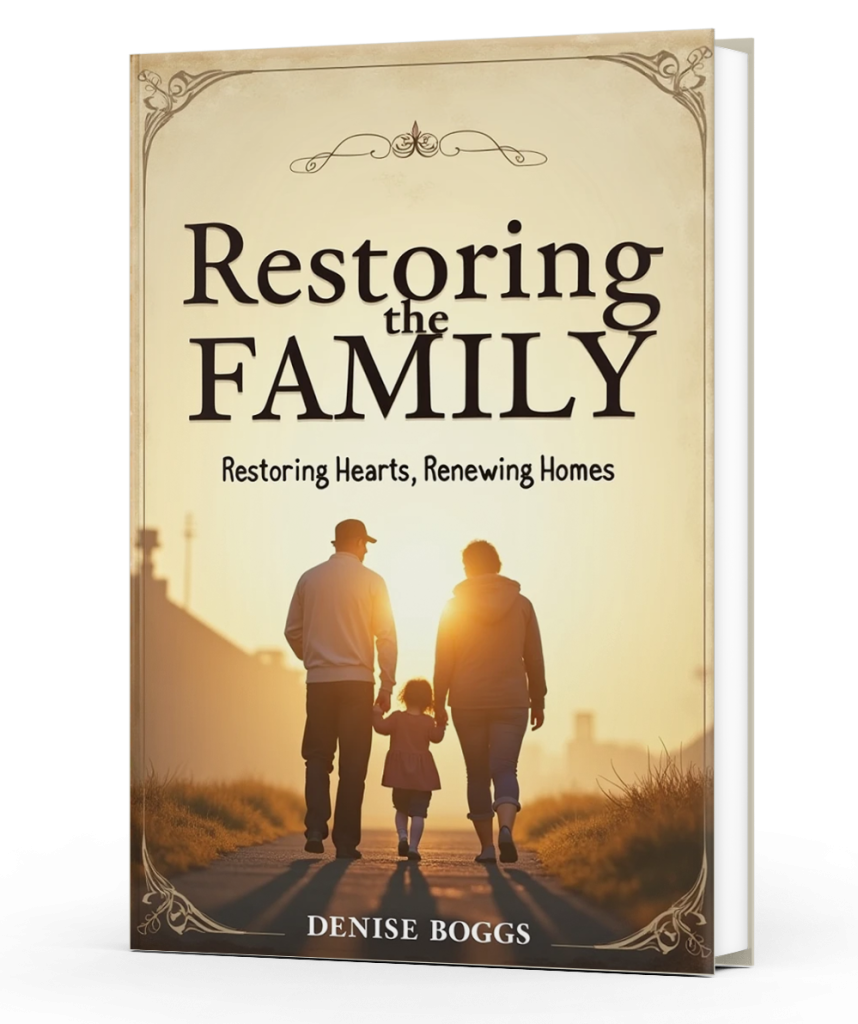Few stories in Scripture illustrate the profound impact of our associations more powerfully than that of King Solomon. Here was a man who began with extraordinary wisdom, so much so that “men came from all peoples to hear the wisdom of Solomon, from all the kings of the earth who had heard of his wisdom” (1 Kings 4:34, NAS). Yet even Solomon, the wisest man who ever lived, eventually fell prey to the influence of those he surrounded himself with.
“As iron sharpens iron, so one person sharpens another” (Proverbs 27:17, NAS). Ironically, Solomon himself wrote these words, yet his life would become a cautionary tale about the transformative power of our associations. In his early years, surrounded by godly advisors and focused on building the temple, Solomon’s wisdom flourished. But as he accumulated foreign wives who “turned his heart away after other gods” (1 Kings 11:4, NAS), even his legendary wisdom couldn’t withstand the daily influence of those who pulled him away from truth.
This profound lesson becomes especially relevant as we consider our own journey of preparedness. In a world that often mocks readiness and dismisses careful planning, the people we surround ourselves with can either strengthen our resolve or slowly erode our determination. Solomon’s story teaches us that no amount of knowledge or wisdom can compensate for the subtle influence of those closest to us.
Consider the contrast in Solomon’s life. Early in his reign, when he surrounded himself with those who supported his divine purpose, he accomplished the magnificent task of building the temple. His wisdom attracted seekers of truth from across the nations. But later, when he allowed his inner circle to be dominated by those with different values and priorities, even the wisest man in history found his judgment compromised.
This pattern repeats throughout Scripture. When we look at successful preparation, we rarely find lone wolves. Moses had Aaron and Hur to hold up his arms during battle (Exodus 17:12). David had his mighty men. Even Jesus, in His earthly ministry, gathered twelve disciples around Him. The lesson is clear: significant preparation and purpose require a supportive community, but that community must be chosen with wisdom.
Let me share three essential principles for building a positive circle of preparation:
- Guard Your Inner Circle Solomon’s decline began not with outright rebellion but with gradual compromise in his closest relationships. “Do not be deceived: ‘Bad company corrupts good morals'” (1 Corinthians 15:33, NAS). In your preparation journey, be intentional about who has the closest access to your heart and mind.
- Seek Those Who Strengthen Your Convictions Early in his reign, Solomon surrounded himself with those who supported his mission to build the temple. These relationships reinforced his godly purpose rather than undermining it. “The one who walks with wise men will be wise” (Proverbs 13:20, NAS). Look for people whose presence strengthens your commitment to preparation and wisdom.
- Build Relationships Around Shared Values Solomon’s foreign wives brought their gods with them, creating competing values within his own household. In your preparation community, seek those who share your core values and understanding of the times. “Can two walk together unless they are agreed?” (Amos 3:3, NAS).
The practical application of these principles requires discernment and courage:
- Evaluate Current Influences Take an honest inventory of your current associations. Are they strengthening or weakening your preparation efforts? Are they building up your resolve or eroding it?
- Make Necessary Adjustments Sometimes, like Solomon should have done, we need to lovingly but firmly adjust the level of influence certain people have in our lives. This isn’t about rejection but about wise boundaries.
- Actively Seek Positive Connections Look for those who demonstrate wisdom in preparation without panic, who approach readiness with hope rather than fear, who balance practical action with spiritual insight.
Remember, Solomon’s decline didn’t happen overnight. It was the gradual result of daily influences that slowly pulled him away from his original wisdom and purpose. Similarly, our preparation efforts can be gradually strengthened or weakened by those we spend time with.
The beauty of building a positive preparation circle is that it creates mutual support. When one person’s strength fails, others can step in. When one person’s resources run low, others can share. When one person’s wisdom is challenged, others can provide perspective. “Two are better than one because they have a good return for their labor. For if either of them falls, the one will lift up his companion” (Ecclesiastes 4:9-10, NAS).
As you continue your journey of preparation, let Solomon’s story inspire you to choose your associations wisely. Are they strengthening your resolve or weakening it? Are they contributing wisdom or spreading fear? Are they encouraging action or promoting paralysis?
Remember that even the wisest among us need the support and accountability of like-minded companions. Solomon’s story isn’t just a warning about negative influences; it’s a call to actively seek and maintain relationships that strengthen our commitment to wisdom and preparation.
“Though one may be overpowered, two can defend themselves. A cord of three strands is not quickly broken” (Ecclesiastes 4:12, NAS). Let this ancient wisdom, written by Solomon himself in better days, guide you as you build your circle of preparation, knowing that in the right community, we find strength, wisdom, and hope for the journey ahead.






